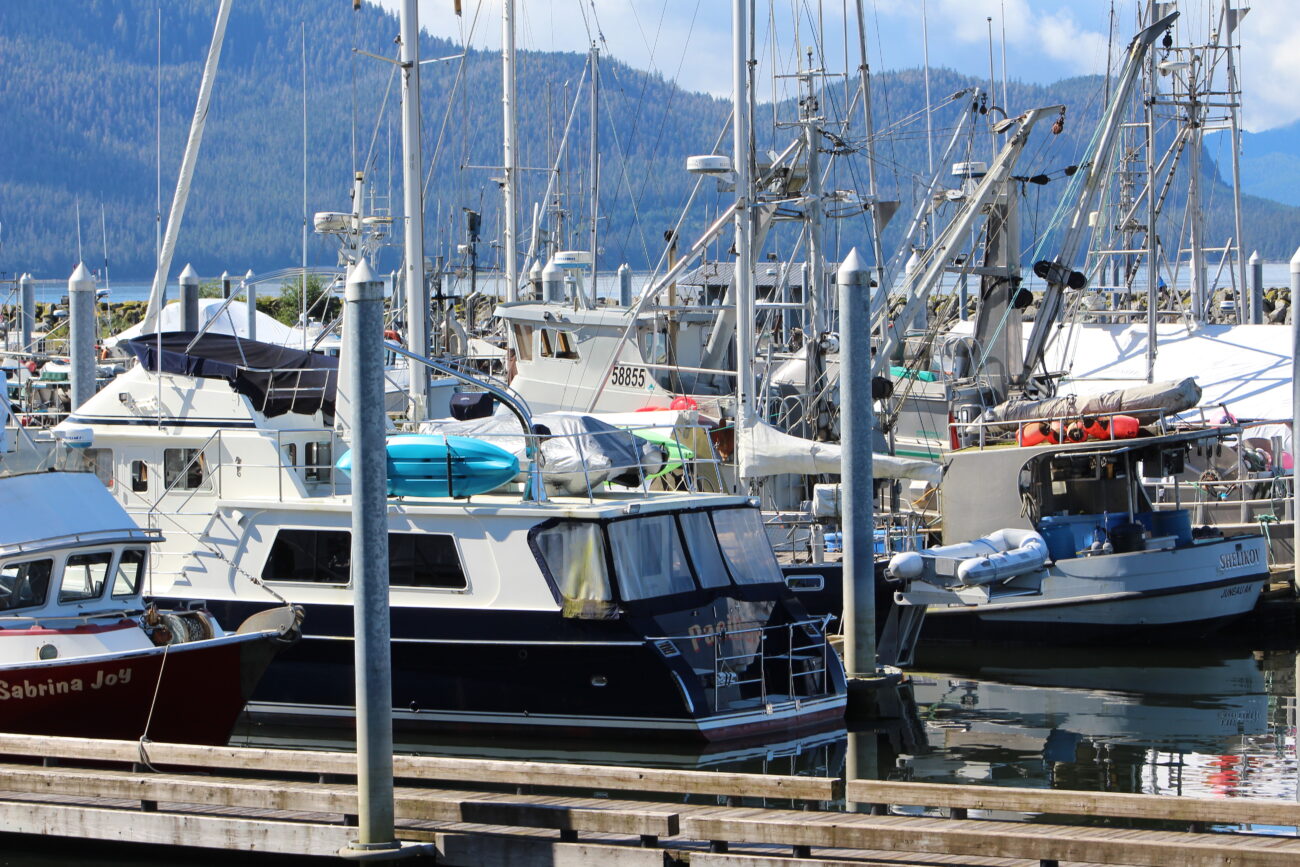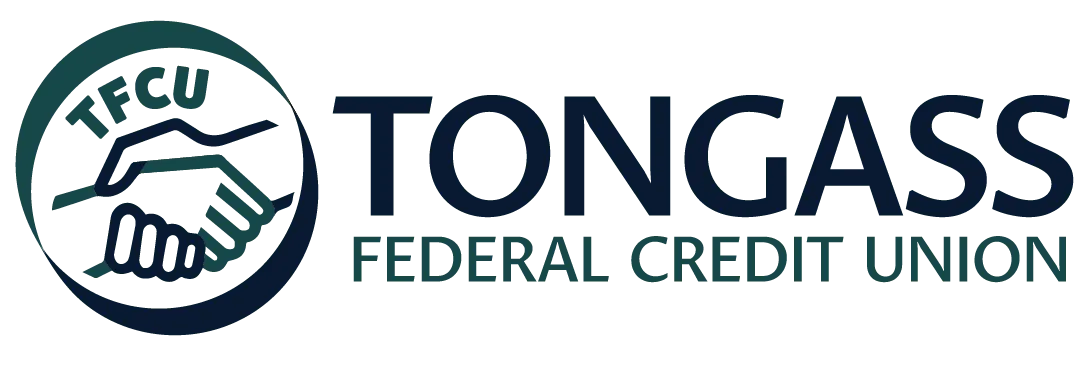
(Sage Smiley / KSTK)
Earlier this month, Governor Mike Dunleavy named 11 appointees to the Alaska Bycatch Task Force, which will work to recommend solutions to the thorny issue of bycatch in Alaska’s state and federal fisheries. Some see the force as a possible turning point, but others say they’re skeptical of what it can accomplish.
Bycatch – or species accidentally caught while targeting a different fish – has been a hot-button issue in Alaska for decades. But it rose to the forefront last year when Alaska Native organizations and fishing groups called for dramatic reductions to halibut, crab and salmon bycatch at federal fisheries meetings.
The state legislature took notice, holding a special meeting on bycatch in mid-November. Also in mid-November, Governor Mike Dunleavy announced the formation of the Alaska Bycatch Task Force.
On the Yukon and Kuskokwim rivers, subsistence and small commercial salmon fisheries were severely curtailed or completely shuttered last year. That same year, federal data show trawlers in the Bering Sea scooped up more than half a million chum, pink and silver salmon, and almost 14,000 king salmon. In the Gulf of Alaska, groundfish harvesters caught more than 17,000 king salmon as bycatch. That fish can’t be sold, although some of the bycatch is donated.
For more than a decade, commercial and subsistence fishermen in Western Alaska have felt the impacts of declining salmon runs and didn’t have a task force to address the problem.
During a recent Tribal listening session with the National Marine Fisheries Service, John Lamont from Lamont Slough on the lower Yukon River told federal fisheries managers that he supports the idea of an Alaska Bycatch Task Force.
“This should have happened a long time ago,” Lamont said, and called on the federal government to follow suit: “I’m not really sure if the federal government is establishing a bycatch committee yet to discuss the same issues that are being brought up today by all users all stakeholders in Alaska, whether it be out in Southeast, the Aleutians or up north, [in addition to] the AYK (Arctic-Yukon-Kuskokwim region). The impact of no fishing, no nets in the water this past summer has really opened the eyes, I think, of politicians, of managers, and of tribal leaders.”
The state’s task force will study the impacts of bycatch on what it calls “high-value” state fisheries. The administrative order establishing the force doesn’t specify what it means by high-value. Monetarily, that would include the state’s salmon and crab fisheries. The order does not mention subsistence interests, but does designate a spot for a sport or personal-use representative. That seat was assigned to a former head of ADF&G’s sport fish division.
The task force will also make recommendations and advise state and federal agencies on how to address bycatch, though there isn’t much data on bycatch in state-managed fisheries. It’s also tasked with working to inform policy-makers and the public about how bycatch affects Alaska’s fisheries.
The force will be chaired by Petersburg crab and halibut fisherman John Jensen. He also sits on the Alaska Board of Fisheries, which sets most of the rules for fishing in state waters. Jensen also holds a voting seat on the North Pacific Fishery Management Council, which manages fisheries past the 3-mile line and in federal waters.
Dunleavy’s 11 appointees cover a range of interests, though only one currently resides in one of the Native communities where bycatch has arguably affected subsistence the most.
The seat on the task force reserved for Alaska Native interests was assigned to a non-Native consultant who represents two Alaska Native corporations. And that’s led to some criticism.
“Looking at the composition of the task force, I don’t feel that the tribal representation is really there,” says Brooke Woods, the executive chair of the Yukon River Inter-Tribal Fish Commission (YRITFC), a nonprofit representing 30 tribes along the Yukon River that advocates for tribal fishing rights and the protection and restoration of Yukon River salmon. She says she’s skeptical that listening sessions or task forces will make the change that organizations like YRITFC are asking for.
“I honestly didn’t even encourage any tribal members to take on yet another voluntary position to make change for themselves, their families and their communities, because it’s just not fair,” Woods says. “You have non-Natives in career positions that are supposed to be doing the work of subsistence, but there’s no accountability. So it’s hard, these career-minded folks making an income with no accountability to subsistence management or policy and then asking an Alaska Native to volunteer.”
The seat reserved for an Alaska Native organization will be filled by Duncan Fields, a Kodiak resident and former state House candidate, who has also served on the North Pacific Fishery Management Council. He says he’s not Alaska Native but works closely with Native and tribal organizations.
“I didn’t make the determination whether I was an adequate representative or not, the governor’s office did that. And I’m appreciative that they thought that I was qualified,” Fields said in an interview with KSTK.
He’s been recognized for his work by the Alaska Federation of Natives, which gave him the Denali Award in 2004 – an award recognizing a non-Native person who has made significant contributions to the Alaska Native community.
“I understand the weight of responsibility, being a representative of Native organizations, ANCSA corporations and tribes,” Fields said. “I can’t be all things to all people. And as you well know, there’s great divergence in this both geographically and tribally relative to issues like bycatch. But I can be a listening ear.”
Another Kodiak resident, salmon seiner Raymond May has been appointed to fill the seat reserved for a salmon fisherman. May also holds permits for herring roe and crab, finfish and sablefish pot fishing around the state. May is a council member for the Native Village of Port Lions and an enrolled member of the Native Village of Afognak.
Cordova’s Tommy Sheridan, a fisheries consultant and former Silver Bay Seafoods executive, has been appointed to fill the seat designated for a member of the general public, and will serve as vice-chair of the task force. Sheridan also serves on the North Pacific Anadromous Fish Commission, an international organization dedicated to stock conservation of salmon and other anadromous fish.
The seat for a crab harvester will go to Erik Velsko, a Homer-based crab fisherman who also fishes for halibut and owns a Bristol Bay salmon permit. Velsko is also a member of the North Pacific Fishery Management Council Advisory Panel.
Kodiak-based Linda Kozak will hold the seat designated for a halibut fisher. Kozak is the United Fishermen of Alaska representative for the Fishing Vessel Owners’ Association, a longline industry group, and is a fisheries consultant and sport fisher.
Mike Flores will hold the seat designated for a charter operator. Flores owns and operates Ninilchik Charters – a fishing and hunting charter operation on the Kenai Peninsula. He also serves on the state’s Big Game Commercial Services board.
Kevin Delaney, the former director for the ADF&G Division of Sport Fish, will fill the personal use or sport fish seat on the task force. Delaney is a resident of Windsor, Colorado, and is a retired consultant specializing in fisheries consulting and wealth management.
And the seat for a mayor from a coastal Alaska community will be filled by Kenai Mayor Brian Gabriel. KDLL reported earlier this month that Gabriel is a longtime set-netter and has experience guiding and sportfishing on the Kenai River.
The task force also has seats designated for a trawl industry representative and a representative from a community group (CDQ) that receives a share of Bering Sea trawl catch for economic development in western Alaska.
Alukanuk’s Ragnar Alstrom, the executive director of the Yukon Delta Fisheries Development Association, will hold that community group seat on the task force. YDFDA represents six Native villages at the mouth of the Yukon River, and owns shares of multiple pollock trawl vessels and other catcher-processor boats targeting crab and cod in the Bering Sea. The organization has also funded and helped to organize salmon research on the lower Yukon River.
The executive director of trawler group the At-Sea Processors Association, Stephanie Madsen, will hold the seat designated for her industry. Juneau-based Madsen previously served as the chair of the North Pacific Fishery Management Council.
Two cabinet officials of the Dunleavy administration – the Commissioners of Fish & Game and Commerce – will also be voting members on the task force.
And legislative leaders will nominate two lawmakers to sit in non-voting seats. House Speaker Louise Stutes announced earlier this month (on January 7) she would nominate former House Speaker Bryce Edgmon, a state lawmaker from Dillingham to one of the non-voting legislative seats.
Fish & Game commissioner Doug Vincent-Lang told KSTK in November that the task force will meet on a monthly basis until late this year when it will submit a report with recommendations to state and federal policymakers. The task force’s first meeting is scheduled for January 28 and will be open to the public via videoconference.
Get in touch with KSTK at news@kstk.org or (907) 874-2345.













